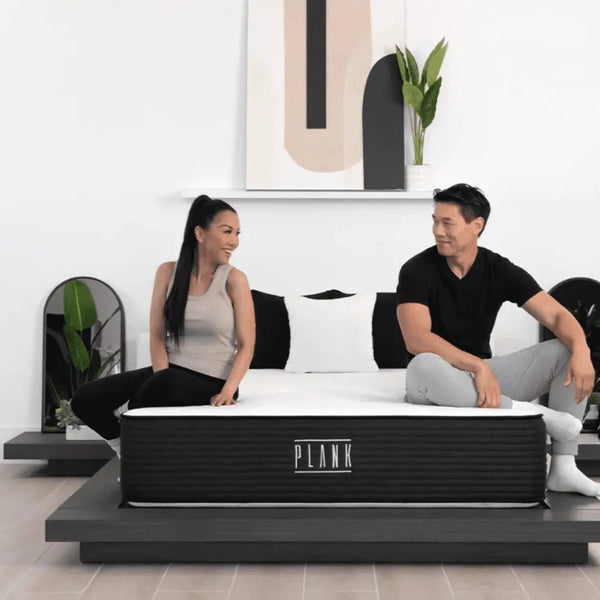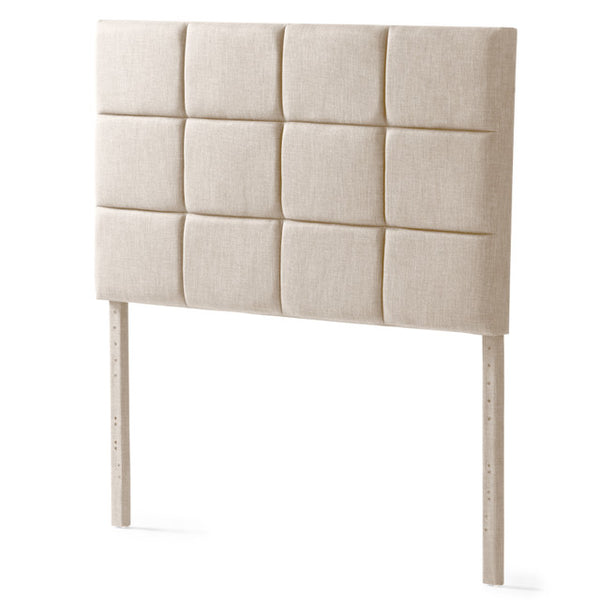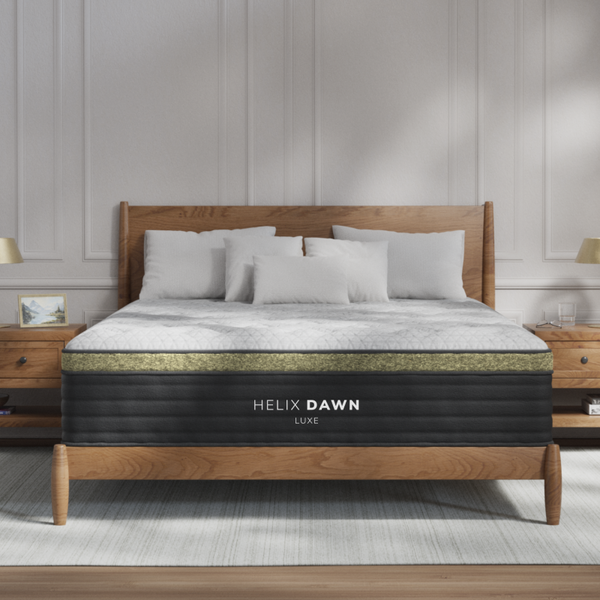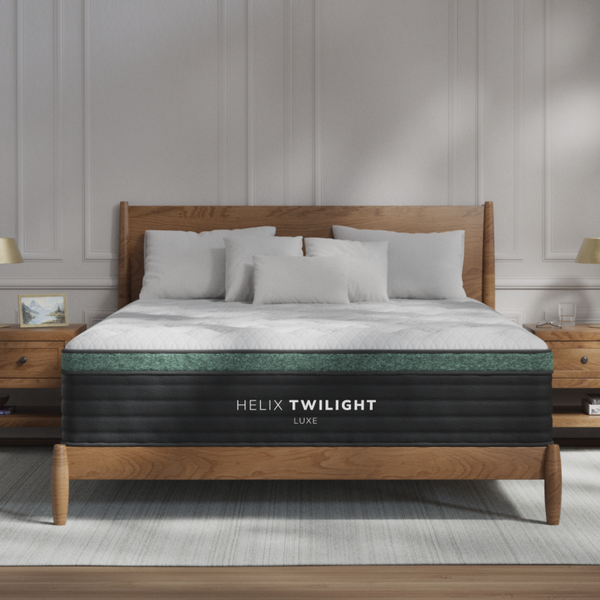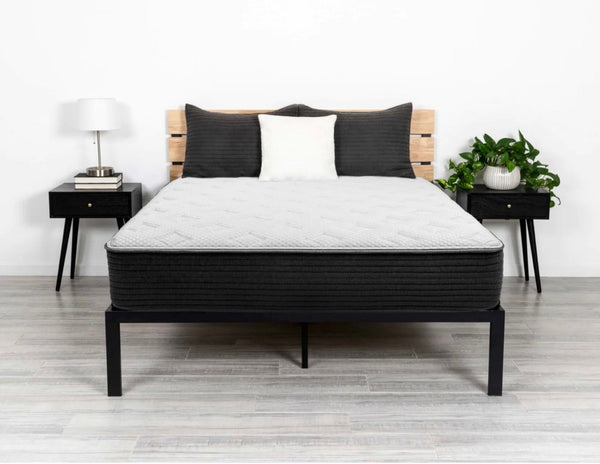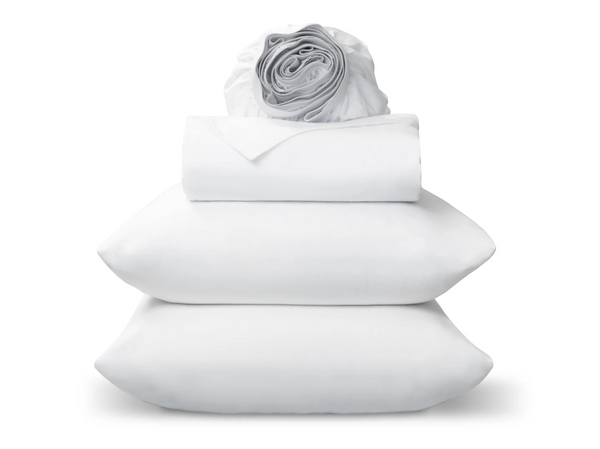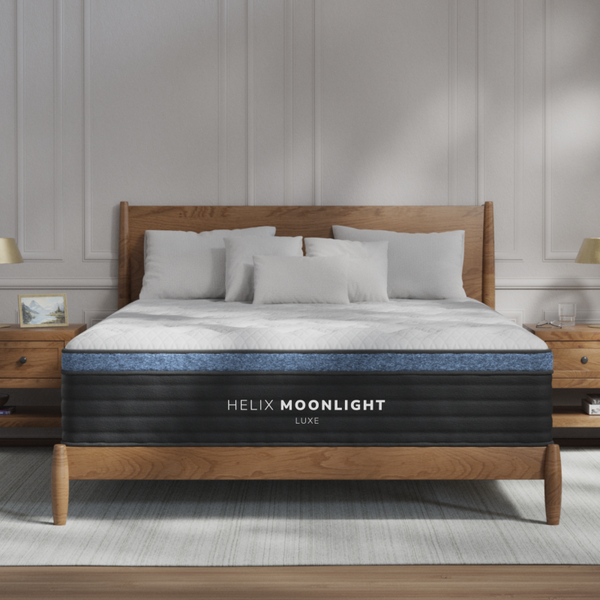
Overview
This blog debunks common mattress myths to help consumers make informed purchasing decisions. Key points include: not all memory foam mattresses are hot, innerspring mattresses are not outdated, firmness doesn't solely determine back pain relief, price doesn't guarantee quality, mattresses have a lifespan of 7-10 years, not all need a box spring, sleeping position matters when choosing a mattress, not all mattresses are hypoallergenic, adjustable beds can benefit everyone, eco-friendly options can be affordable, and organic mattresses are not just a trend.
Frequently Asked Questions
1. What are common myths about memory foam mattresses?
2. Are innerspring mattresses still a viable option?
3. Is a firm mattress the best choice for back pain?
4. How long do mattresses typically last?
5. Are eco-friendly mattresses more expensive?
When it comes to purchasing a mattress, consumers are often bombarded with information, making it challenging to sift through the myths and facts. Various misconceptions about mattresses not only mislead shoppers but also affect their sleep quality. In this blog post, we will debunk some of the most common myths about mattresses to help you make an informed purchase, ensuring you get the rest you deserve.
Understanding Mattress Materials
The market is flooded with various mattress types, each utilizing unique materials. Let's delve into some prevalent myths surrounding these materials.
Myth 1: All Memory Foam Mattresses Are Hot
This myth stems from early iterations of memory foam that retained heat, leading many to believe that all memory foam mattresses create an uncomfortable sleeping environment. However, advances in technology have led to the production of breathable, temperature-regulating memory foam. These newer versions dissipate heat and provide a cooler sleep surface, making them suitable for all types of sleepers.
Myth 2: Innerspring Mattresses Are Outdated
Many shoppers believe that innerspring mattresses are obsolete compared to newer foam technologies. In reality, innerspring mattresses have evolved significantly. They still deliver firm support and, when combined with modern materials, provide excellent comfort. Furthermore, they tend to offer better airflow, making them an ideal choice for those who tend to sleep hot.
Sleep Positions and Mattress Firmness
Another area rife with misconceptions is the correlation between sleep positions, mattress types, and firmness levels.
Myth 3: A Firm Mattress is Always Best for Back Pain
It's a common belief that firm mattresses are the best solution for back pain. However, comfort and support are subjective. Many people find that a medium-firm mattress offers the right balance of support while also conforming to their body shape. The best mattress for back pain usually depends on individual body types and sleeping positions, rather than just firmness alone.
Myth 4: You Can Determine a Mattress’s Quality by Price
While it's true that low-quality mattresses may be less expensive, the idea that higher-priced mattresses guarantee better quality is misleading. Many factors contribute to a mattress's quality, including materials, manufacturing processes, and brand reputation. Always consider reviews and sleep trials before making a significant investment.
Lifespan and Durability of Mattresses
Buying a mattress is a long-term investment, so understanding its longevity is critical.
Myth 5: A Mattress Lasts Forever
Some consumers mistakenly believe that mattresses last indefinitely. In reality, most mattresses have a lifespan of 7-10 years, depending on the materials used and how well they are cared for. Regularly rotating your mattress and using a good quality mattress protector can help extend its life, but eventually, it will need to be replaced.
Myth 6: All Mattresses Need a Box Spring
Traditionally, box springs were necessary to provide support for mattresses. However, with modern advancements in mattress design, many mattresses can be placed on solid platforms or slatted bases without the need for a box spring. It's essential to check the manufacturer's recommendations to ensure proper support.
Sleep Habits and Mattress Performance
Additionally, several myths surround how our sleep habits affect mattress use and performance.
Myth 7: You Shouldn't Sleep on a New Mattress for a Few Weeks
It's often suggested that you should avoid judging a new mattress until you've let it "break in." While it’s true that a mattress may feel different after a short period, most people can assess their comfort level within a few weeks. If you find that your mattress doesn’t provide adequate support or comfort during that time, don’t hesitate to explore return options.
Myth 8: Sleeping Position Doesn't Matter When Choosing a Mattress
Your sleep position plays a significant role in selecting the most suitable mattress. Side sleepers often benefit from a softer mattress to accommodate their shoulders and hips, while back sleepers may prefer something firmer for spinal alignment. Stomach sleepers might also choose a firmer mattress to prevent back strain. Ignoring your sleep position can lead to discomfort and poor sleep quality.
Health and Wellness Features
Understanding how mattresses can influence your health is essential. Let’s look at a few myths regarding health benefits.
Myth 9: All Mattresses Are Hypoallergenic
The label ‘hypoallergenic’ can be misleading. While some mattresses are designed to reduce allergens, such as dust mites, not all mattresses are hypoallergenic. Materials such as latex and certain types of foam can be more resistant to allergens, making them preferable for allergy sufferers. Always check the materials used in a mattress if allergies are a concern.
Myth 10: Adjustable Beds Are Just a Luxury
Many consumers think that adjustable beds are solely for luxury or medical needs. However, adjustable beds can enhance comfort for all sleepers. They allow you to find the optimal position for sleep, relaxation, or reading, enabling better circulation and reducing pressure on your body. This can lead to improved sleep quality, making it a smart investment for any sleeper.
Eco-Friendly Options
As sustainability becomes increasingly essential, the mattress market also evolves to accommodate eco-conscious consumers.
Myth 11: Eco-Friendly Mattresses Are Always More Expensive
There's a perception that sustainable or eco-friendly mattresses come with a hefty price tag. While there are high-end options available, many brands are now offering affordable eco-friendly alternatives. It's worth exploring various brands and options to find a mattress that meets your needs without breaking the bank.
Myth 12: Organic Mattresses Are a Fad
Organic mattresses are often dismissed as just a trend. However, the push for organic and sustainably sourced materials is gaining traction due to increased awareness of environmental impact and health concerns. Organic mattresses are made from natural materials free from harmful chemicals, making them a viable and healthier option for sleep.
Shopping Tips for Your Next Mattress
Now that we've debunked some common myths, let's discuss how to shop wisely for your mattress.
Do Your Research
Before you step into a store or visit a website, take the time to do thorough research. Know the different types of mattresses available, their pros and cons, and the materials they are made from. Understanding the features that are most relevant to you will help narrow down your choices.
Test Before You Buy
Whenever possible, try to test the mattress in-store. Lay down on it for at least 10-15 minutes in your usual sleeping position. Many companies also offer sleep trials, allowing you to test the mattress at home before committing fully.
Look for Warranties and Return Policies
Ensure that the mattress you choose comes with a solid warranty and a clear return policy. A good warranty can protect your investment, while a flexible return policy can give you peace of mind should you need to change your mind.
Awaken to the Truth About Sleep
Understanding the myths surrounding mattresses is essential for making an informed decision, ultimately leading to better sleep quality and overall well-being. By debunking these common misconceptions, you’re empowered to find a mattress that suits your individual needs. Invest wisely, sleep soundly, and wake up refreshed. With the right knowledge in hand, you can select a sleep solution that meets your comfort and health requirements, paving the way for a better night's sleep every night.

